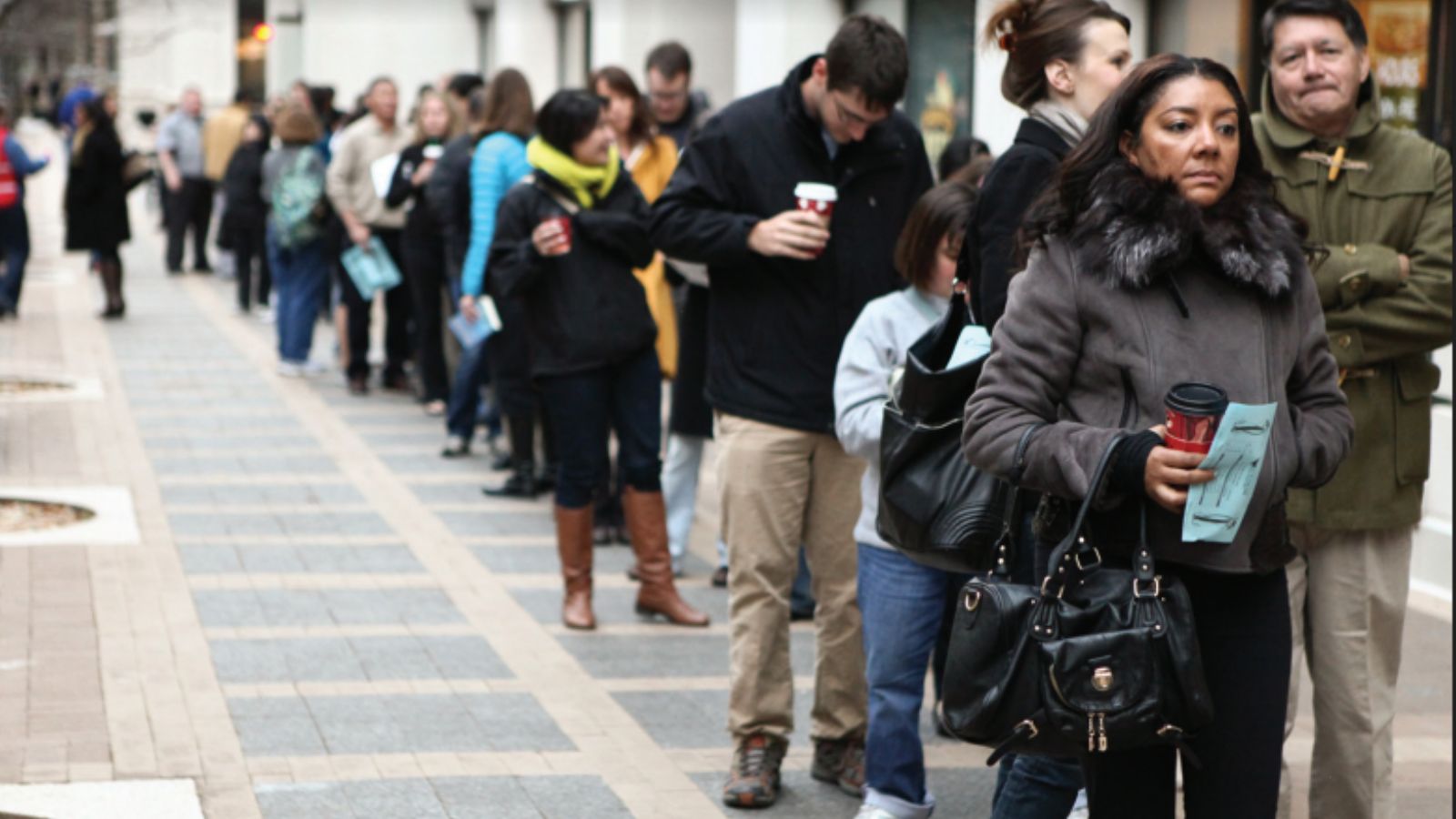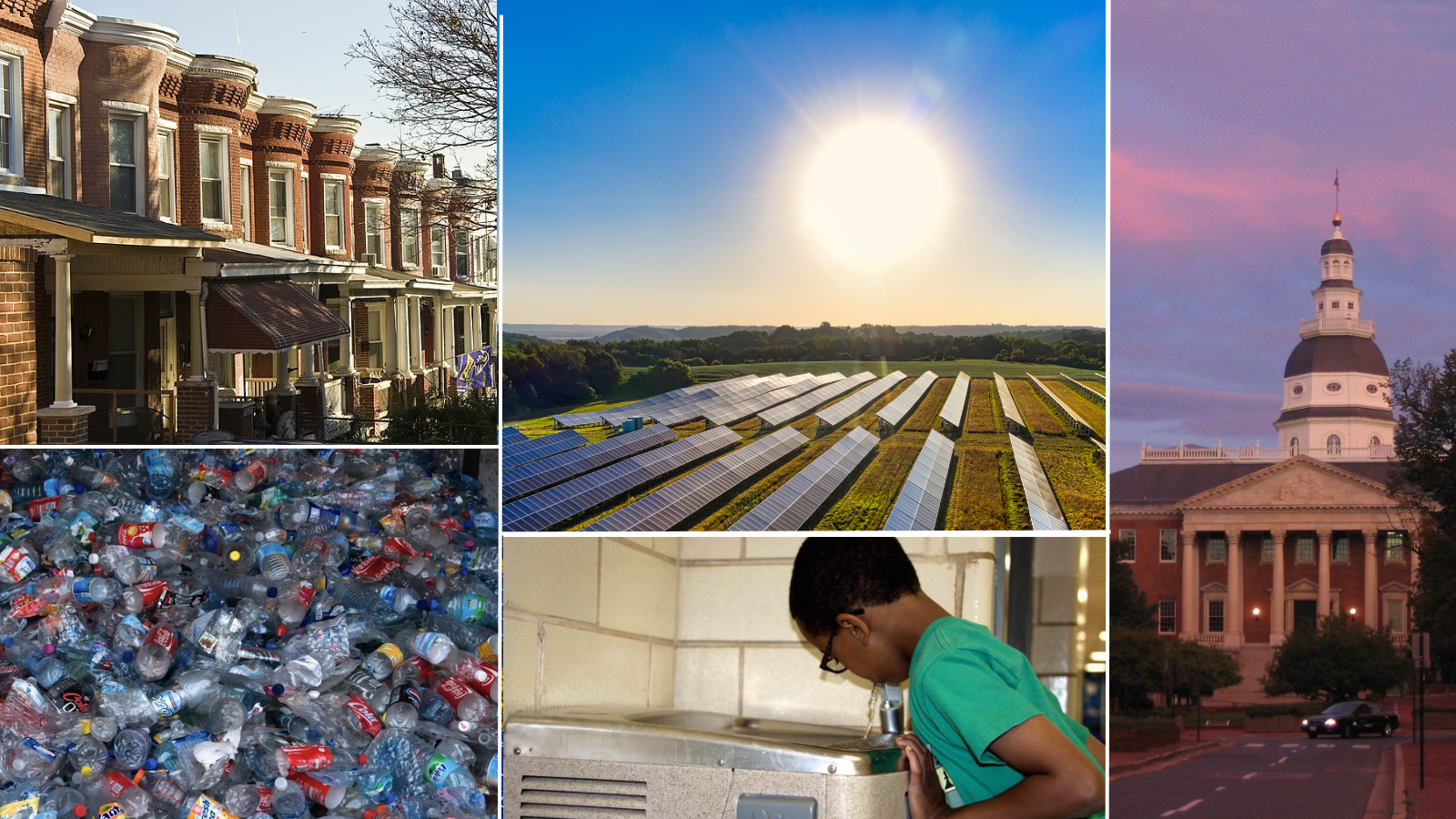
Testimony: Fix and Fund the Gubernatorial Fair Elections Fund
Today we testifed in support of a bill that updates and improves on our existing gubernatorial public campaign finance program and another that will expand the program to state Senate and state Delegate races.

Our current campaign finance system rewards candidates who can raise as much money as possible, as quickly as possible, from wealthy individuals and special interests. That’s not how our democracy should work.
Today we testifed in support of a bill that updates and improves on our existing gubernatorial public campaign finance program and another that will expand the program to state Senate and state Delegate races. This fix to the gubernatorial progam is a commonsense step forward for state level campaign finance reform – and this is the year to do it to ensure we have a strong viable program for the 2022 gubernatorial election.
The bills are sponsored by Senate Chairman Paul Pinksy in the Senate (SB415 and SB416) and by Delegate Jessica Feldmark and Delegate Gabe Acevero in the House of Delegates.
In 2020 it the Senate passed the update to the gubernatorial through two committees but did not get a vote on the Senate floor before session ended early because of COVID-19.
You can see our written testimony for the gubernatorial program here, and the bill for General Assembly races here.
In particular we are eager to update the gubernatorial program for a few reasons. You can see how the new program works here.
- It will more effectively keep large and corporate donors out of the equation – currently publicly fiinanced candidates for governor can take unmatched big money contributions, meaning candidates can use the program and take money from PACs, corporations, and individual large donors who can contribute up to $6,000 – while ALSO accepting matching funds for small donations. We think this is a flaw in the system and needs to be corrected.
- This bill also moves the program to a scaled match rate, like mulitple Maryland counties have done, this will create greater uniformity across the state and incentivise the smallest donors – serving to both keep big money out of our elections and also encourage candidates to reach as many people as possible.
- Finally, the bill Ensures the program is properly funded for it to be a viable option for at least a few candidates.
Here’s why this is so important for Maryland.
There is growing frustration with our political system and a strong sense of anger over the flood of money that has been entering our elections. This is most pronounced at the national level but affects all levels of government. Since the Supreme Court’s Citizens’ United and McCutcheon decisions we have seen the rise of mega-donors like the Koch brothers and Tom Steyer and money in politics has risen as a political issue in a way we haven’t seen in decades. A Poll from the UMD and the Washington Post found that Americans, regardless of political affiliation agree that money in politics is the #1 cause for dysfunction in the U.S. political system, with a whopping 96% of respondents saying it had “A lot” (65%) or “some” (31%) to do with the problem.
In our democracy, the depth of your pocket should not dictate the volume of your voice. All Marylanders should have equal opportunity to participate in elections for governor.
In 2020, Maryland PIRG Foundation released a report looking at the fundraising for the last three races for governor in Maryland. The report found that on average, there are 50 thousand contributions from Marylanders to gubernatorial campaigns, which is barely 1% of Maryland’s voting age population. After implementing a similar program in Montgomery County, our research found that participating candidates received nearly twice the amount of individual donors as those who did not participate.
Large campaign contributions, which few Marylanders can afford to make, have too much influence over who can run for governor, what issues make it onto the agenda, and ultimately who wins. Over the last three races for governor, our research found that the vast majority (84%) of the money raised came from contributions over $250.
And Marylanders are outspent in races for governor: Over half of the money raised does not come from Maryland voters. 52% of the money contributed comes from either out-of-state donors or non-individuals, such as corporations or PACs.
This isn’t how it should be. And with an updated fair elections program we can create a viable alternative. It will enable candidates to run for office with the support of everyday small donors. Here’s how it would work: candidates seek contributions from Marylanders, and the size the average person can afford to make, with contributions maxed out at $250. Unfortunately, if candidates did so they would have little chance to compete with candidates who are taking large and corporate checks, so we provide matching funds for those small contributions which serves the dual purpose of keeping big money out and encouraging candidates to seek small donations.
- Participating candidates have to reject all large and corporate contributions and only accept small contributions to their campaign. They must also reach qualifying requirements for dollars raised and donors engaged.
- Once they qualify, they will receive limited matching funds for the small contributions from Maryland residents, with the smallest donations receiving the highest match.
- This encourages candidates to focus their campaigns on Marylanders of all income levels and enables them to remain competitive with candidates not participating in the program.
With the updated Fair Elections program, we can bring fairer, cleaner elections to Maryland.
Topics
Authors
Emily Scarr
State Director, Maryland PIRG; Director, Stop Toxic PFAS Campaign, PIRG
Emily directs strategy, organizational development, research, communications and legislative advocacy for Maryland PIRG. Emily has helped win small donor public financing in Baltimore City, Baltimore County, Howard County, Montgomery County, and Prince George's County. She has played a key role in establishing new state laws to to protect public health by restricting the use of antibiotics on Maryland farms, require testing for lead in school drinking water and restrict the use of toxic flame retardant and PFAS chemicals. Emily also serves on the Executive Committees of the Maryland Fair Elections Coalition and the Maryland Campaign to Keep Antibiotics Working. Emily lives in Baltimore City with her husband, kids, and dog.
Find Out More

Fair Elections in Maryland Counties

Our 2023 Legislative Agenda and Priorities

Testimony: Local Public Campaign Financing – Expansion to Additional Offices

